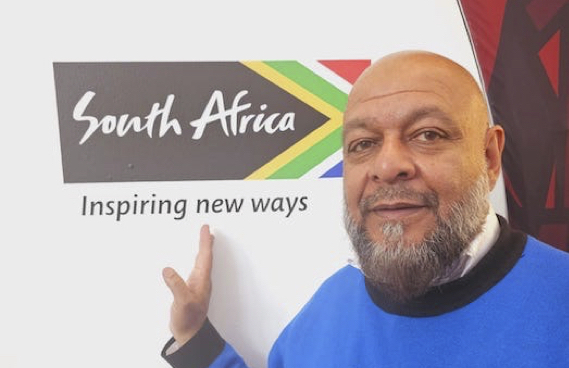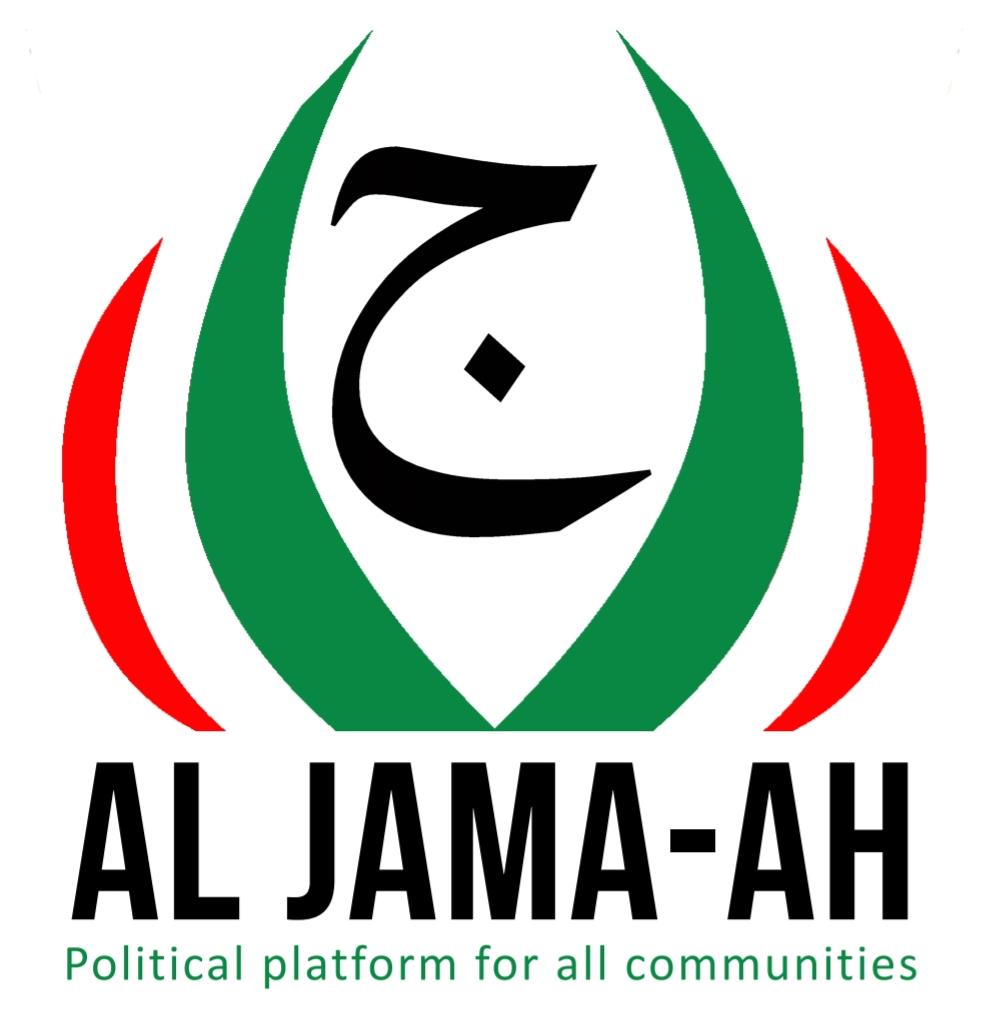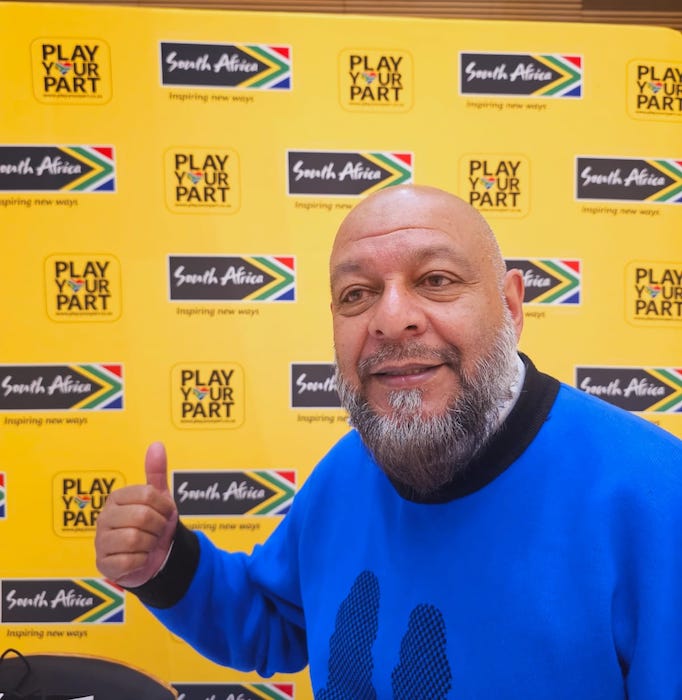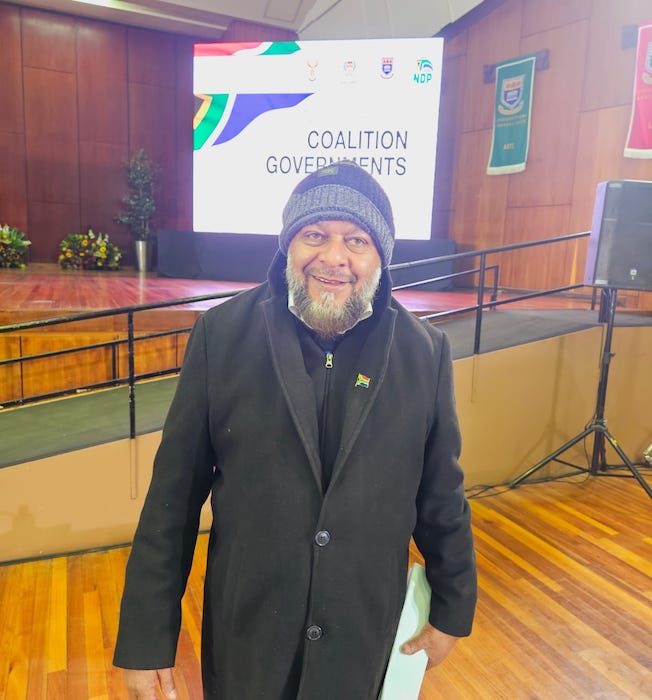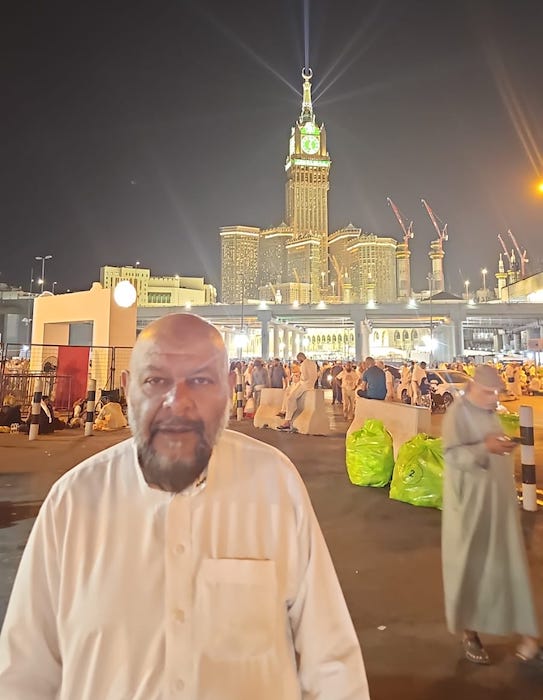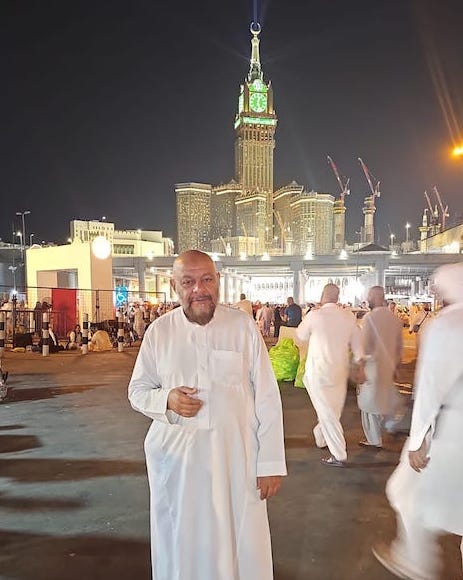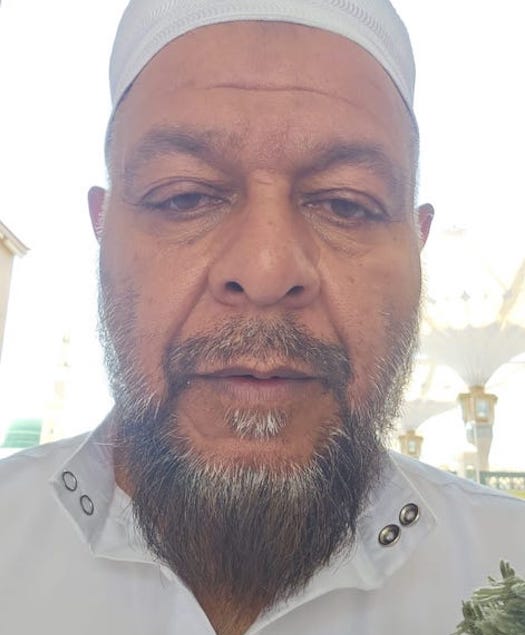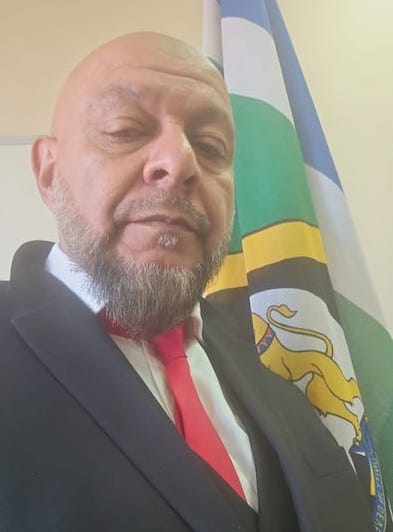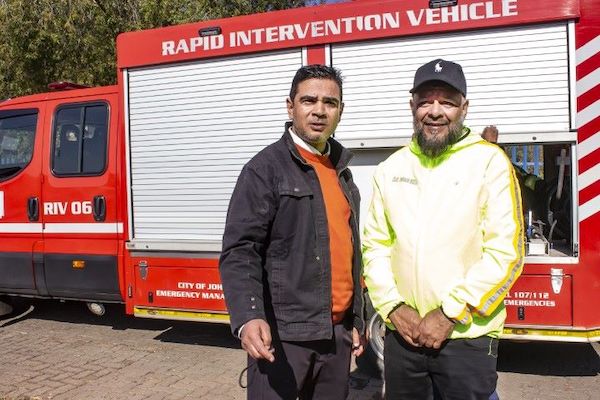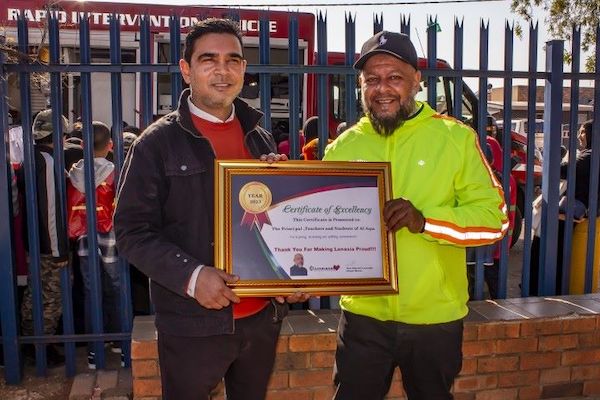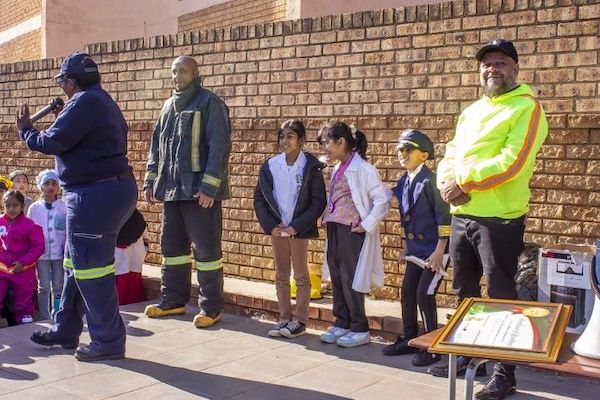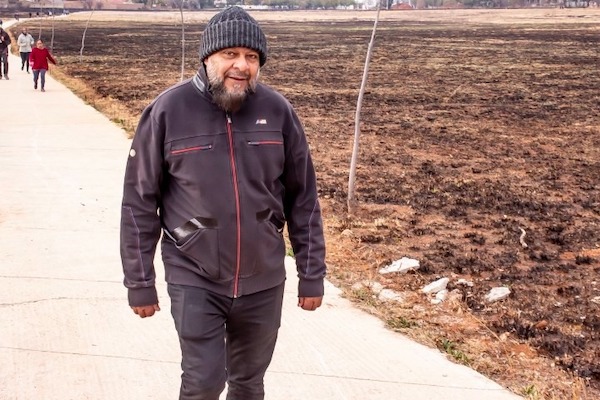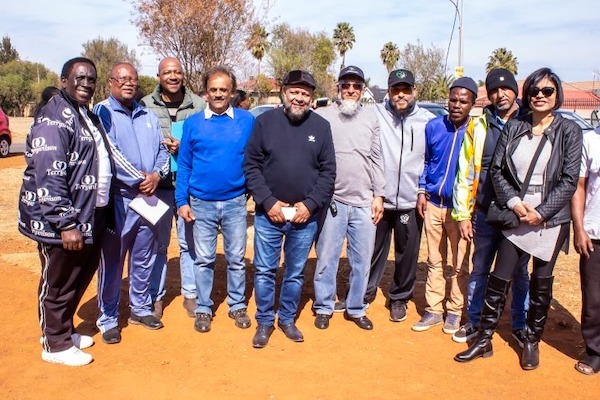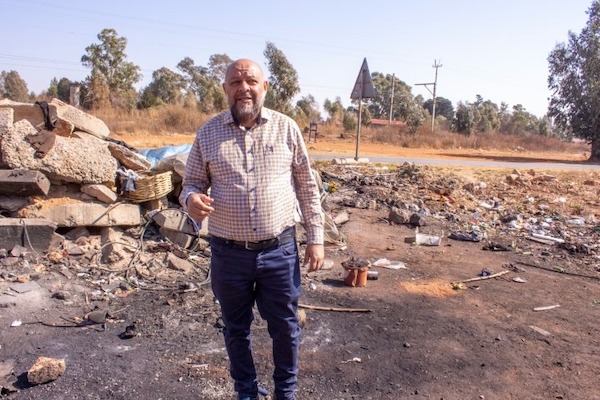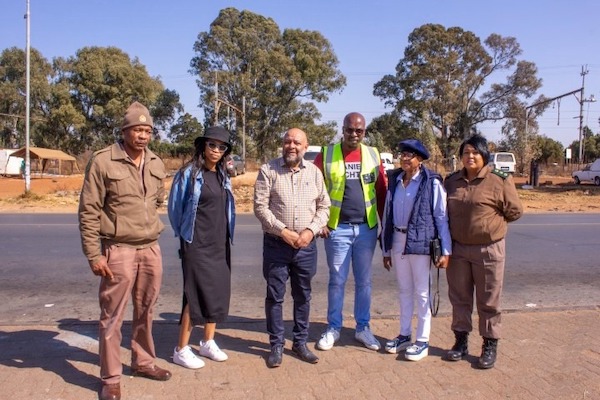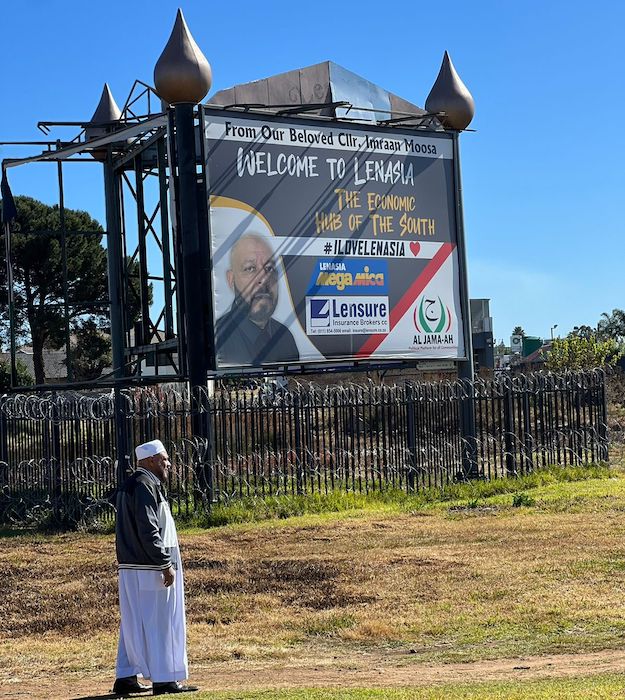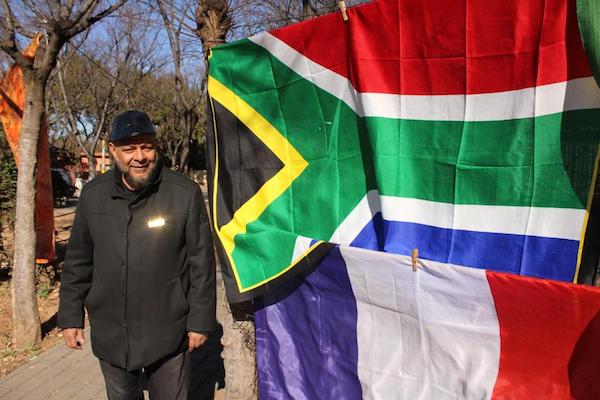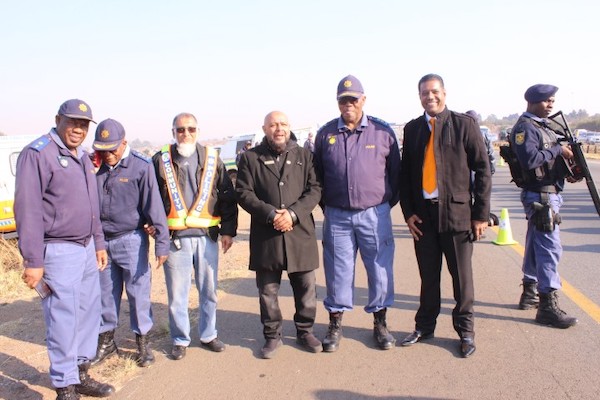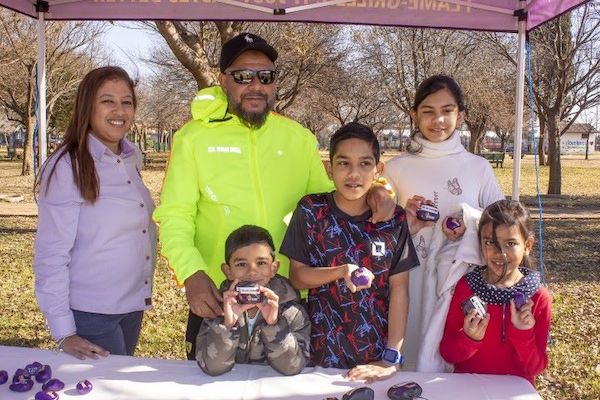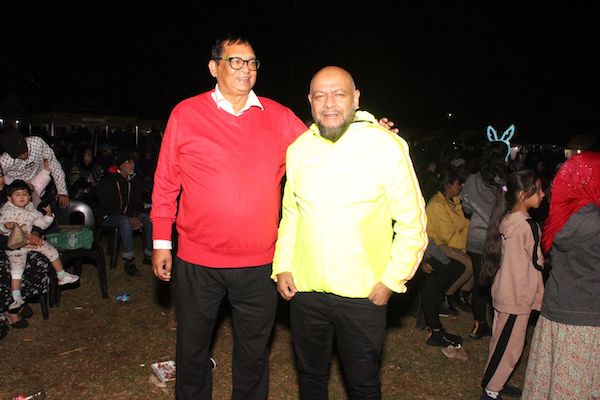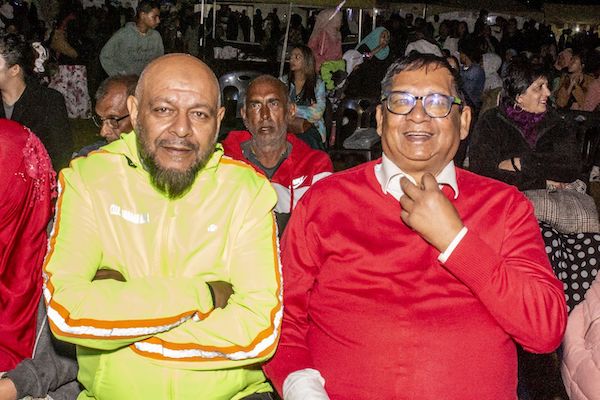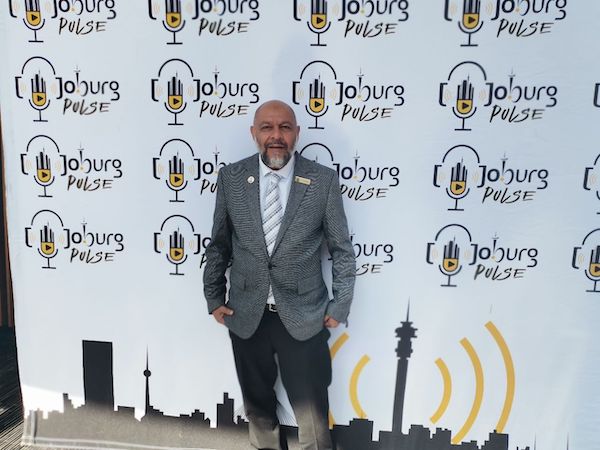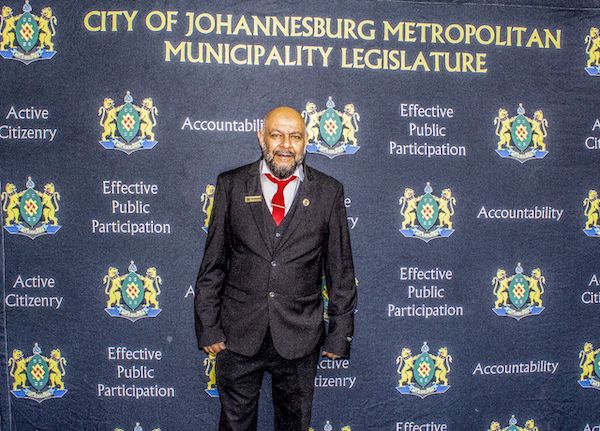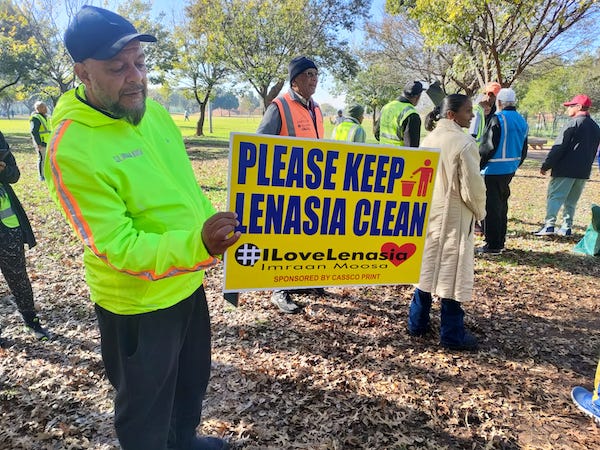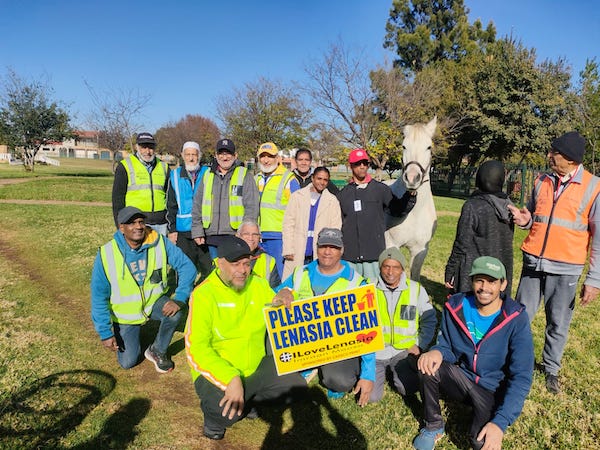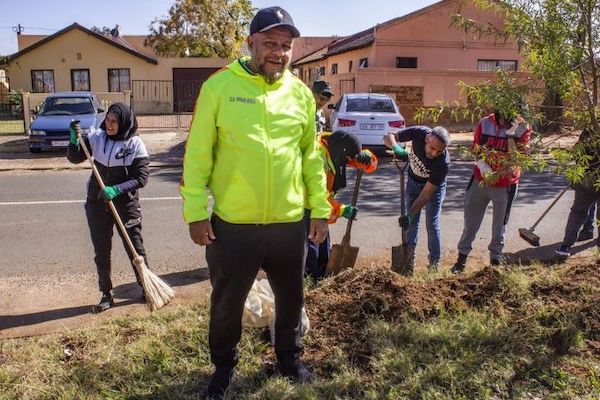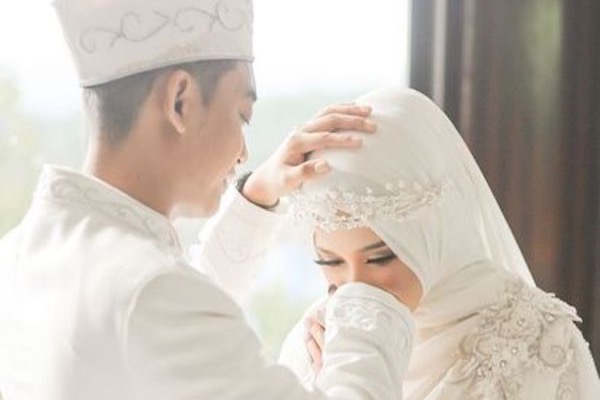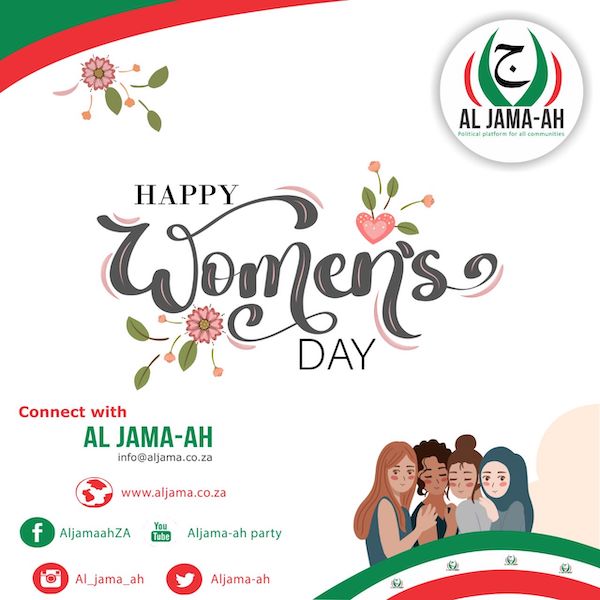
As South Africa comes together to celebrate National Women’s Day, we take this opportunity to recognise and honour the indomitable spirit of the nation’s women. This day holds immense significance as it not only commemorates the struggles of women throughout history but also serves as a powerful reminder of their achievements and contributions to every aspect of society.
On August 9th, we remember the courageous march of 20,000 women who, in 1956, took to the streets of Pretoria to protest against the discriminatory pass laws imposed by the apartheid regime. This demonstration of unity and strength laid the foundation for the powerful women’s rights movement that has shaped South Africa’s history.
National Women’s Day is a testament to the resilience and empowerment of women in the face of adversity. From the heroines of the anti-apartheid movement to the trailblazers of today, South African women have always been at the forefront of driving change and progress.
In the workplace, women have shattered barriers and made remarkable strides. They hold influential positions in business, politics, science, and arts, showcasing their talent and expertise on both national and international platforms. Despite facing challenges, South African women have proven time and again that they are forces to be reckoned with, contributing significantly to the nation’s economic growth and development.
Beyond the workplace, South African women play a pivotal role in building vibrant communities. Their unwavering dedication to nurturing families, supporting neighbours, and advocating for social justice has transformed the nation. They have been at the forefront of initiatives to address pressing issues such as gender-based violence, access to education, and healthcare.
Economically, women have been instrumental in driving entrepreneurship and innovation. Their entrepreneurial ventures contribute to the country’s economic diversity and job creation. Investing in women’s economic empowerment is crucial for South Africa’s sustainable development and prosperity.
However, while we celebrate the achievements of women on this special day, we cannot ignore the persistent challenges they face. Gender-based violence remains a pressing issue, with many women experiencing violence and abuse in their daily lives. Furthermore, gender disparities in pay and underrepresentation in leadership roles continue to hinder the full potential of women.
National Women’s Day calls us to action – to create a society where women can live free from fear and discrimination. We must stand united in eradicating gender-based violence, supporting survivors, and challenging harmful attitudes and behaviours.
Empowering women economically is equally crucial. By providing access to education, skills development, and business opportunities, we can foster a more inclusive economy that benefits all South Africans. A Villagers League supported by largely women groups is seeing the emergence of a peanut butter manufacturing plant in Groutville,home to the late ANC leader, Chief Albert Luthuli . This is one of the outcomes commemorating Women’s Day in KZN.
Additionally, we must continue to promote gender equality in all spheres of life. Encouraging greater representation of women in decision-making processes and leadership roles is essential to ensure diverse perspectives and create a more equitable society.
As we celebrate National Women’s Day in South Africa, let us remember the sacrifices and struggles of the past while celebrating the achievements of the present. Let this day serve as a powerful reminder of the collective power of women and the crucial role they play in shaping the nation’s future.
May every South African woman be recognized, valued, and empowered not just on this special occasion but every day of the year. Together, let us build a South Africa where women can thrive, and their contributions are celebrated, leading us towards a more prosperous and inclusive society for all.
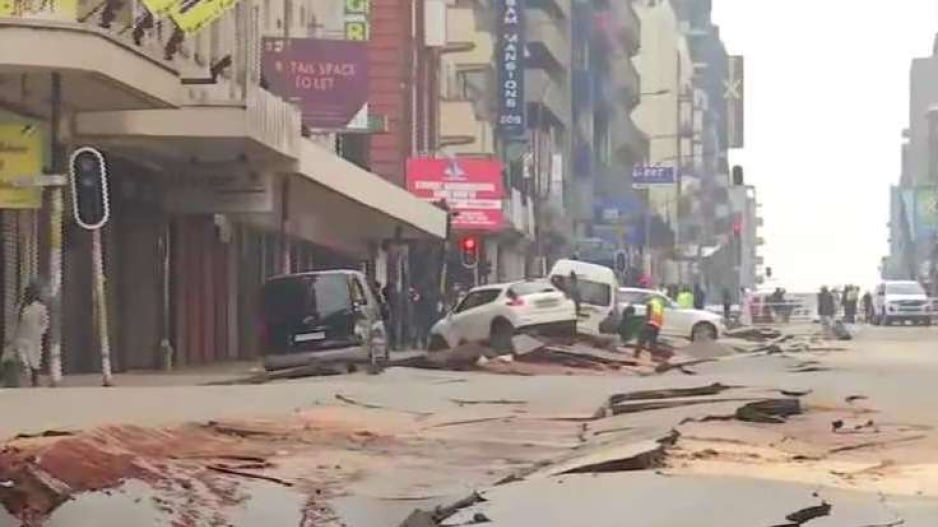
JOHANNESBURG – Joburg Mayor Kabelo Gwamanda says the safety of homeless people in the city centre is a priority, and they will be moved elsewhere.
This follows an explosion in the Johannesburg CBD which has damaged roads.
Gwamanda says people should stay away from affected areas. He said, “what we have done for now is to ensure that homeless people have a place to be redirected to so they are not out in the public, most of the causalities we have sustained are pedestrians and bystanders.”
“We are assessing the integrity of the infrastructure, the buildings, and how the foundations may have been affected by the blast itself.”
“But so far, none of the building are showing signs of caving in.”
“Pedestrians are highly in danger, we have allocated a place at number 3 Kotze so that we make sure there’s no one on the streets…It is necessary and critical for their safety.”
See original: https://www.enca.com/news/joburg-explosion-mayor-announces-safe-place-homeless-people
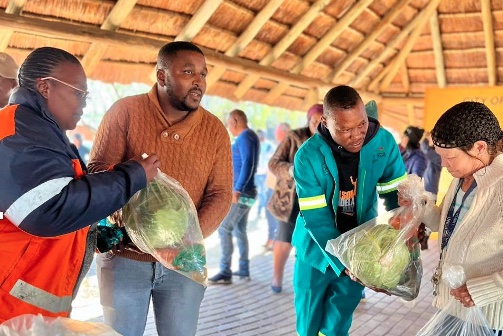
In honour of President Nelson Mandela’s legacy, Al Jama-ah’s lawmakers embarked on constructive and effective action to empower communities. Their 67 minutes of being pro-active included engagement with some religious leaders on matters relating to Muslim Personal Law; providing and planting seeds to sustain food security, acts of solidarity with NPOs by handing over stoves, food and netball kits; name-giving of a baby at Al Jama-ah’s Constituency office; distributing loaves of bread; handing over school shoes to impoverished learners; .
AL JAMA-AH’s MP spends 67 minutes with Muslim leaders to discuss Muslim Personal Law
On 18 July recognised as Mandela Day, Hon Hendricks spent his 67 minutes engaging with members of the Legislative Department of the Masjlisush Shura Al-Islami (Shura) in Cape Town to establish an Alternative Dispute Resolution (ADR) structure for matters relating to Muslim Personal Law (M.P.L).
The 67 minutes engagement with members of Shura served to give effect on the recommendation in the South African Law Reform Commission’s White Paper on a One Statute Marriage Bill for the Muslim and other faith-based communities. The ADR will deal with disputes and matters relating to M.P.L which includes the Nikah (a Muslim marriage in terms of Shariah); Nafakah (Maintenance), Talaqs (Divorces) and other matters which might arise in a marriage.
Hendricks, who have served several decades as an office bearer for Shura, has now drafted a Private Members Bill (PMB) for the ADR. Shura’s Legislative Department will edit the PMB, and they will jointly engage with Parliament’s legislative drafting team. The first reading of the “Amendments to the Arbitration Act” is expected to take place in September 2023 and will make provision for an M.P.L Tribunal/Shariah Court.
AL JAMA-AH MPL OFFICIATES BABY’S NAME-GIVING
The Al Jama-ah’s Member of Provincial Legislature Maulana Galil Brinkhuis, spent part of his 67 minutes by officiating the name-giving of an eight-month-old baby girl at Al Jama-ah’s statutory Western Cape Legislature Constituency office.
Apart from assisting with enquiries on social and local government issues, Maulana was indeed surprised when he was asked to do the name-giving of the baby. The Constituency office is visited by several people daily who need assistance with municipal accounts and enquiries on housing waiting list.
The Party appeals to members of the public to visit their nearest Al Jama-ah Constituency offices.
EXECUTIVE MAYOR AND COUNCILLOR IN CITY OF JOHANNESBURG
Al Jama-ah’s Executive Mayor of the City of Johannesburg and fellow Councillor Imam Thapelo Amad identified the need for garden cleaning at the Japura Retirement Village for the aged. They planted 67 seeds towards creating sustainable food security and spring-cleaned the home.
MADIBENG MUNICIPALITY – AL JAMA-AH’s COUNCILLOR CARES!
Al Jama-ah Councillor Kabelo Nthekiso in the Madibeng Municipality in Northwest Province took the 67 minutes very serious – he not only donated a cooking stoves and food to the NPO Shanah Life House, but also handed over netball kits to the Golden Ladies Netball Team.
WESTERN CAPE
Al Jama-ah Councillor Adv Shameemah Salie (City of Cape Town) handed over loaves of bread to the needy in New Horizons, Pelican Park. In Mbekweni, Paarl, Al Jama-ah’s Drakenstein Councillor Ahmed Stulweni, bought school shoes for two impoverished learners at Mbekweni Higher Primary School.
KWAZULU-NATAL
Al Jama-ah’s Councillor in the Umuziwabantu Local Municipality in Harding, KwaZulu-Natal, G.M Cele and Al Jama-ah members spent their 67 minutes by repairing a broken wall of the house of an unemployed resident in Mkhoba Village. Clr Cele bought cement and they collected bricks from broken buildings to fix the wall.
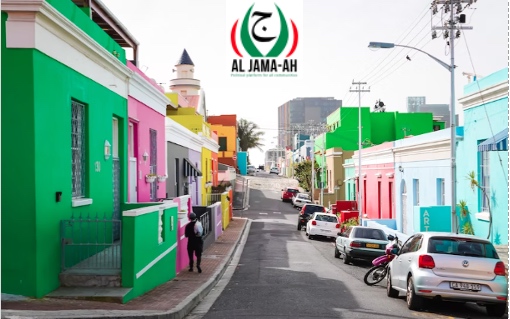
Residents of Bo-Kaap are concerned, and some are even angry about the potential gentrification underway. This comes after the City of Cape Town approved the Local Spatial Development Framework (LSDF) for the area.
Residents fear the changes will strip the area from its rich culture and heritage
Co-imam of the Auwal Masjid in Bo-Kaap, Sheikh Ismail Londt said that although the unique nature of the Bo-Kaap community is immediately observable and rich with culture and tradition, gentrification remains a major challenging factor. The masajid, explained Sheikh, must play a more pivotal role in the matter.
“One consequence of gentrification is the fact that it is not all masajid in Bo-Kaap that is allowed to make athaan (calling to prayer) on the loudspeaker as some residents complain to the authorities and council of the area,” added Sheikh.
Furthermore, former Bo-Kaap resident and Al Jama-ah spokesperson Shameemah Salie said gentrification seeks to destroy the beautiful living culture, architecture, and heritage in an attempt to create a romanticized version of the area to “appease the appetites of the tourists, business moguls, and wealthy foreigners.”
This, explained Shameemah, is done to make a quick buck at the expense of the residents and the history of Bo-Kaap.
“I have personally witnessed gentrification starting subtly back in 2000 with offers from wealthy foreigners with no affiliation to the area or comprehension of the culture and heritage, purchasing property at higher prices from residents,” described Shameemah.
Chairperson of the Bo-Kaap Civic Association Osman Shaboodien said Bo-Kaap is the birthplace of Islam in South Africa, while its traditions and culture are held in very esteem and stem strongly from the area.
According to Osman, it is also the last remnants left behind by the Group Areas Act, which was enacted under the Apartheid government of SA.
He continued by saying gentrification hurts the destitute people of Bo-Kaap as affluent people who buy into the area with their dollars, euros, and pounds, push up the costs of property, making it impossible for locals to buy.
“One of the challenges that we have is to find out what the City wants because our voices are quite clear – we are anti-gentrification – we are saying we do not want gentrification in Bo-Kaap,” asserted Osman.
Osman further elaborated and said that the City must be cognizant of the residents’ concerns and must adhere to certain criteria.
“We do not want our culture, heritage, or belief systems compromised in Bo-Kaap, and the people of the area must benefit from the economic activities,” concluded Osman.
By Kouthar Sambo | The Voice of the Cape
